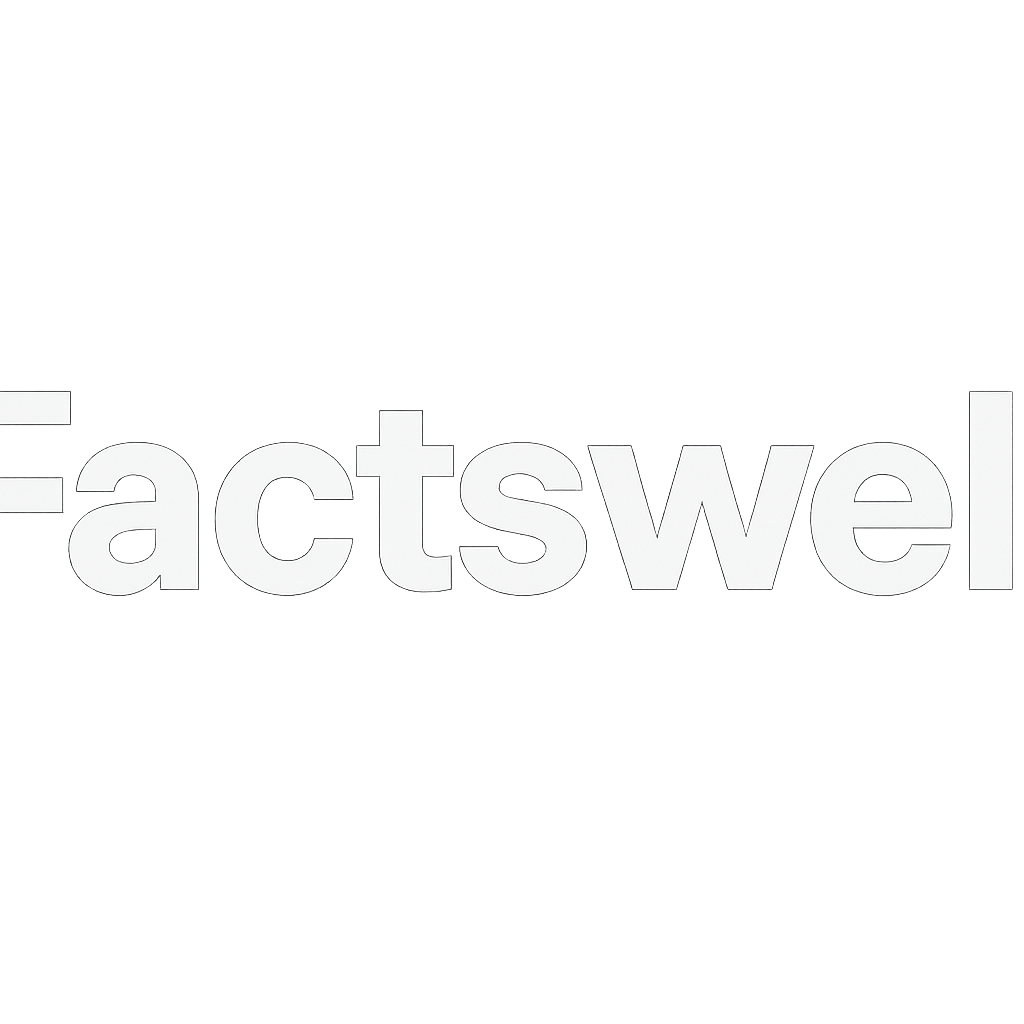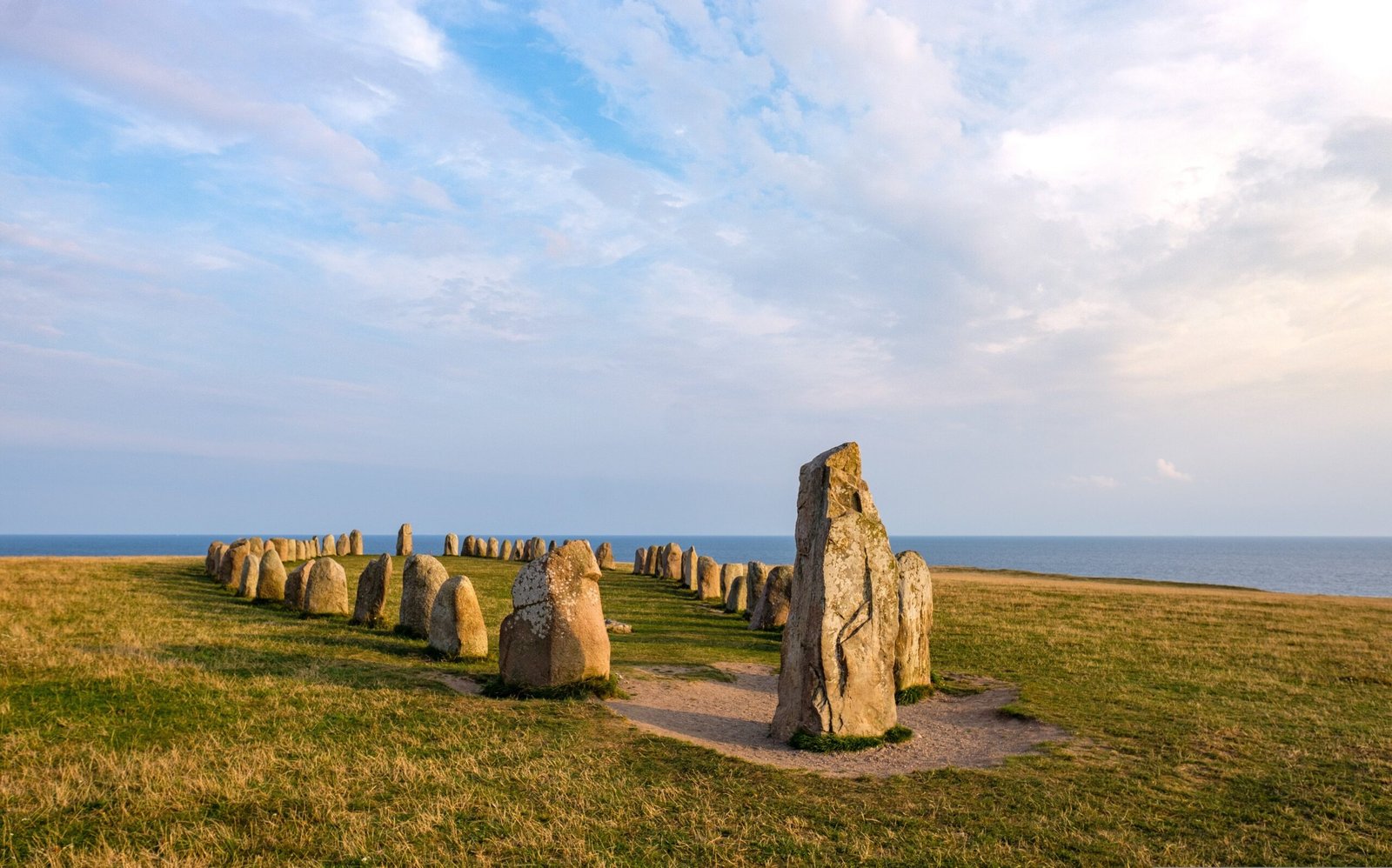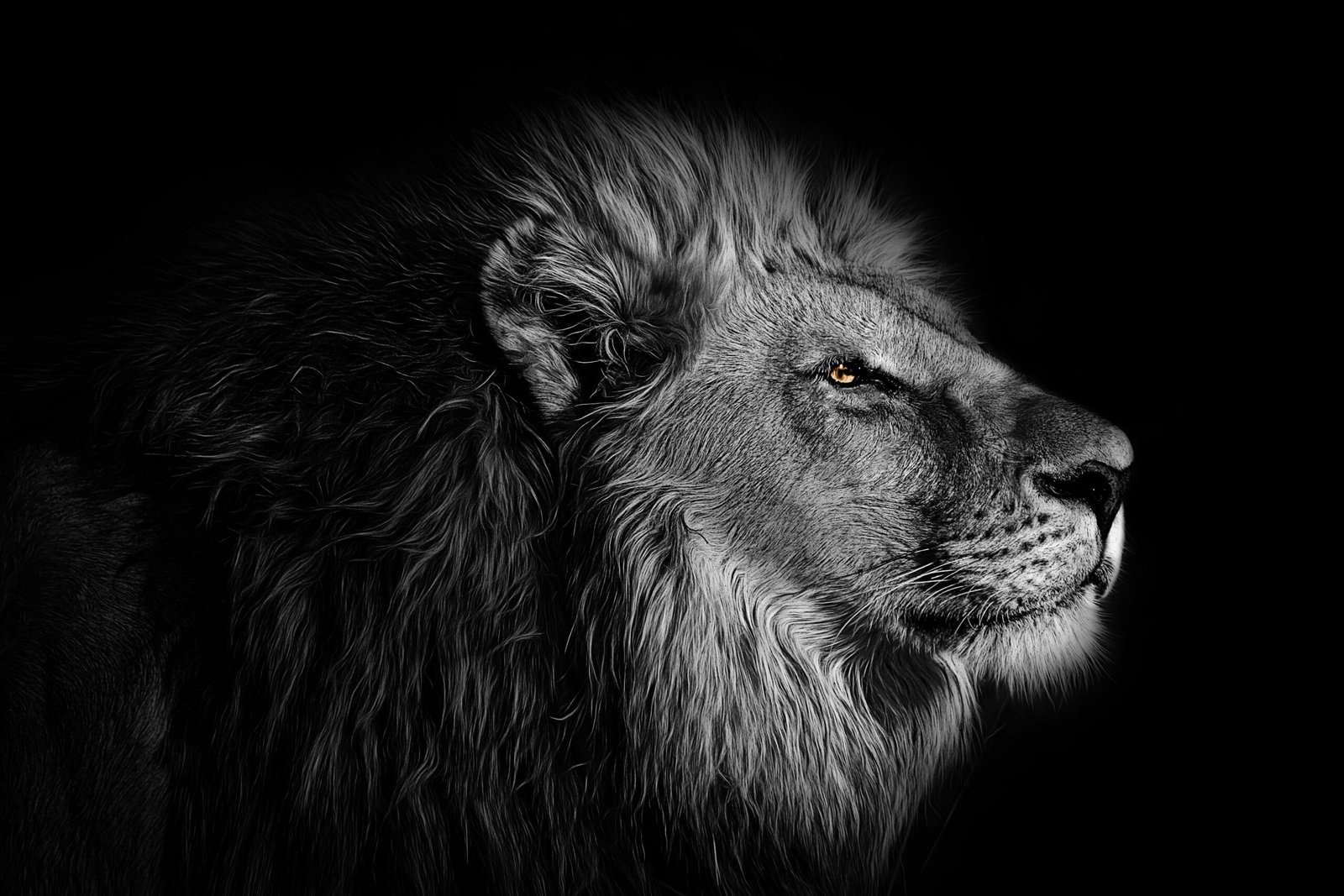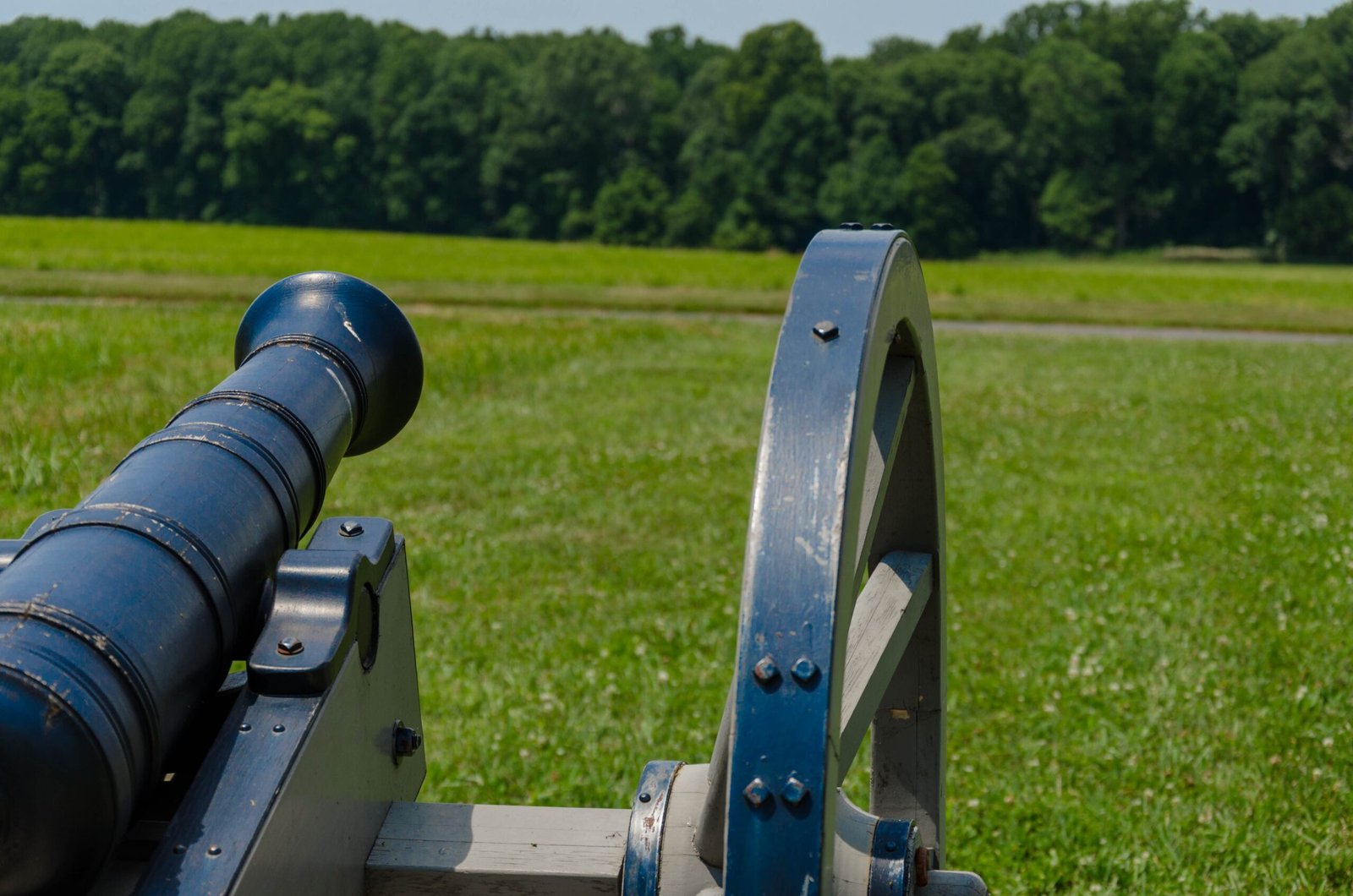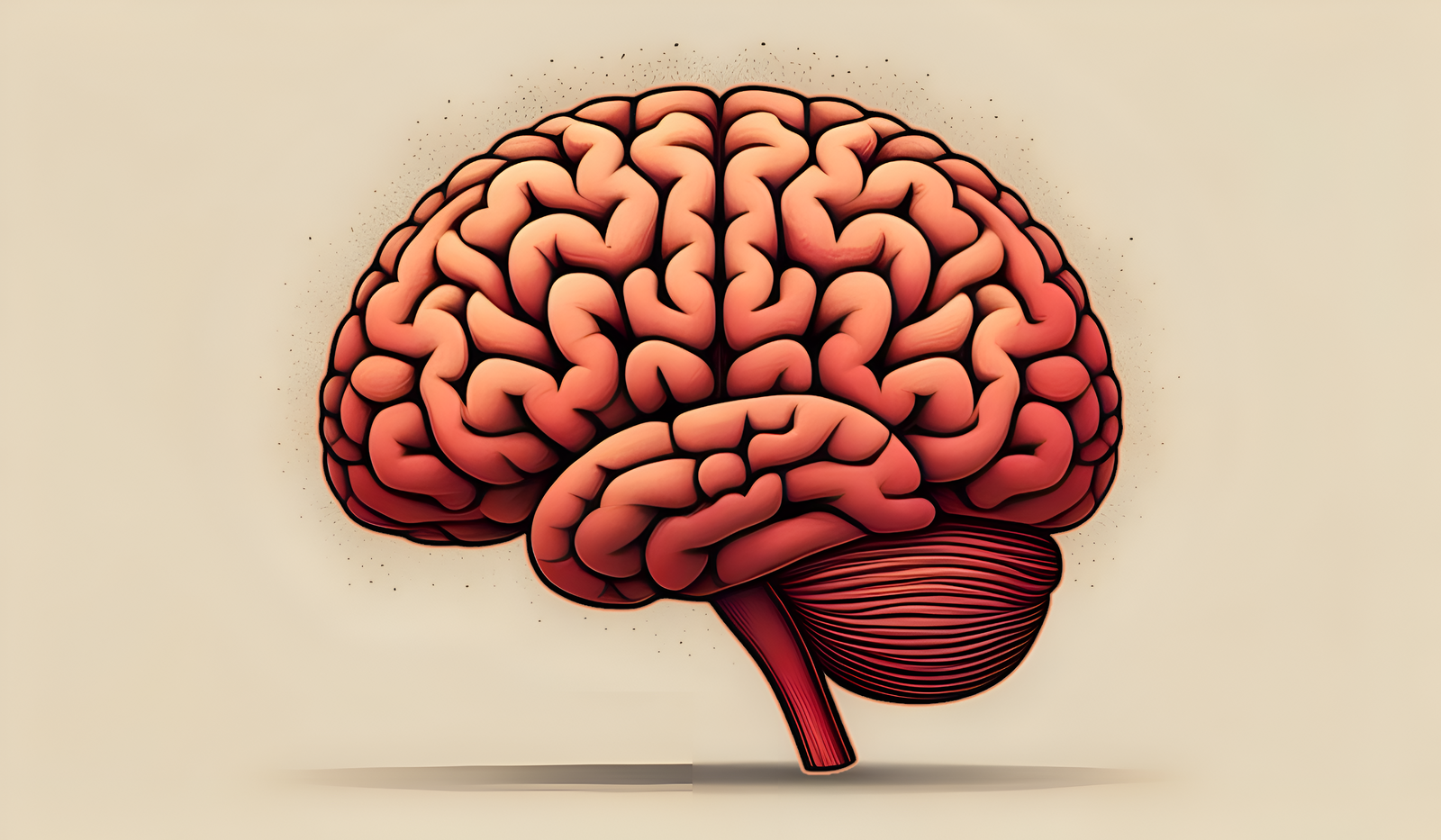Discover how the world’s first calendar reshaped humanity. From agriculture to religion and modern timekeeping, this ancient innovation changed the course of civilization forever.
How the World’s First Calendar Changed Everything
We take calendars for granted today little boxes filled with appointments, holidays, and birthdays. But imagine a time when no one knew what day it was. No seasons, no months, not even the concept of a “year.”
Then one day, humans looked up at the sky…..and began to track time itself.
The invention of the first calendar didn’t just mark time it transformed humanity.
From agriculture to religion, politics to science, the world’s first calendar marked the beginning of civilization as we know it.
What Was the World’s First Calendar?
The title of “world’s first calendar” is widely believed to belong to a prehistoric lunar calendar discovered in Scotland yes, Scotland!
In 2004, archaeologists uncovered a site in Aberdeenshire dating back to around 8,000 BCE. It featured a row of pits that appear to track the phases of the moon making it over 5,000 years older than Stonehenge.
This means that long before written language or the wheel, ancient humans were already tracking time most likely to plan hunts, migrations, and eventually, agriculture.
Why Calendars Changed Everything
Before calendars, life was ruled by unpredictability. Weather, crops, and social events happened at random.
The calendar brought order to chaos. Here is how:
1. Agriculture Became Possible
Farming depends on timing when to plant, when to harvest, when to prepare.
With a calendar, early societies could:
Predict seasonal cycles
Schedule irrigation and harvests
Track rainy and dry seasons
The calendar turned humanity from nomadic foragers into settled farmers laying the foundation for cities and empires.
2. Religion Was Structured
Calendars gave rise to sacred rituals and holidays, often based on:
Lunar phases
Solstices and equinoxes
Agricultural cycles
Ancient Egyptians celebrated flood seasons. Mayans worshipped cosmic alignments. Christians celebrate based on lunar dates (Easter).
The calendar turned time into something sacred and built entire belief systems around it.
3. Governments and Empires Emerged
A calendar allowed for:
Tax collection at specific times
Military campaigns during predictable seasons
Construction and engineering projects with timelines
Time became political controlled by rulers and priests to maintain power.
The Roman calendar, for instance, was adjusted by emperors. Julius Caesar’s reform gave us the Julian calendar which evolved into the Gregorian calendar most of the world uses today.
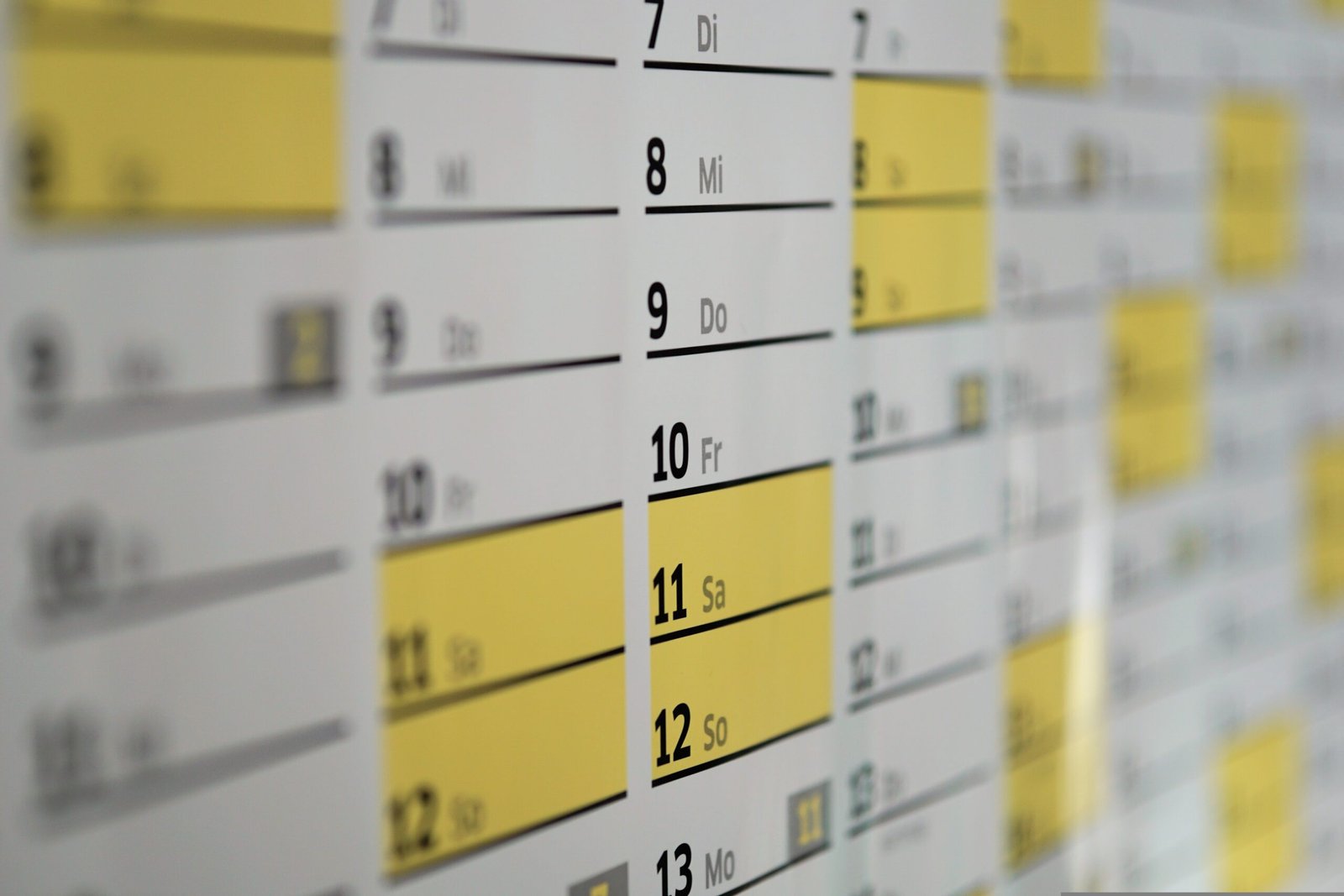
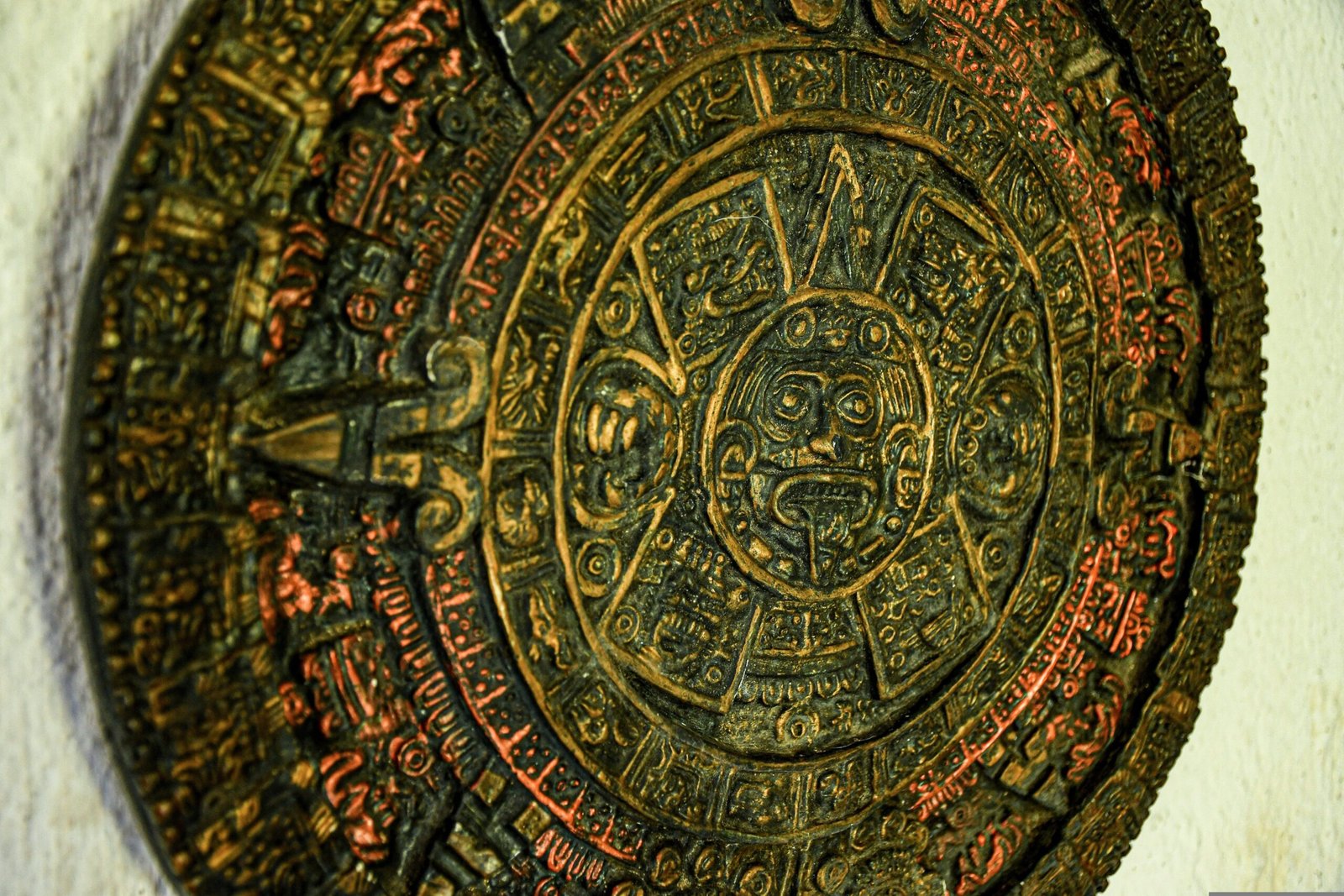
4. Science and Astronomy Were Born
Calendars weren’t just made from the sky they also inspired science.
Tracking time led to:
Astronomy
Mathematics
Navigation
The concept of years, months, days, and hours
From lunar months to solar years, ancient scholars like the Babylonians, Egyptians, and Maya all developed incredibly accurate calendar systems long before modern telescopes.
Some Ancient Calendars That Changed History
Lunar Calendar (Mesopotamia, ~4000 BCE)
Used moon phases to divide months; influenced Jewish, Islamic, and Chinese calendars.
Egyptian Solar Calendar (around 3000 BCE)
365-day year based on the sun and Nile floods; laid the foundation for the modern calendar.
Maya Calendar System
Used a complex system of cycles, including the famous Long Count measuring time over thousands of years.
Did You Know?
The word “calendar” comes from the Latin calendae, the term for the first day of the Roman month when debts were due.
The Gregorian calendar, introduced by Pope Gregory XIII in 1582, is now the most widely used civil calendar worldwide.
Some cultures still follow lunar calendars today, like the Chinese, Hebrew, and Islamic calendars.
The Takeaway
Before calendars, life was reactive.
After calendars, humanity became proactive able to plan, organize, and thrive.
The calendar didn’t just count the days. It shaped civilization.
From planting crops to predicting eclipses, from paying taxes to celebrating birthdays everything changed when we learned to track time.
